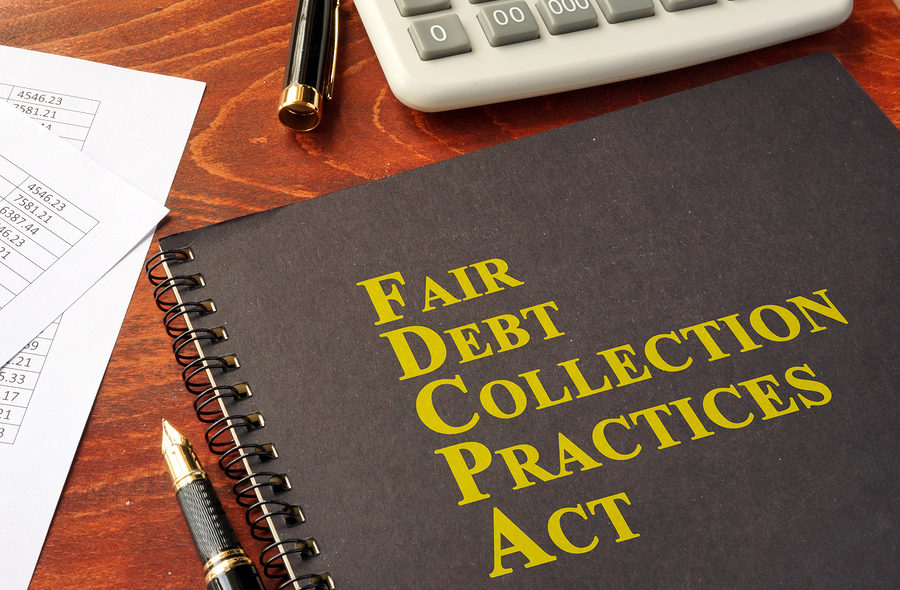Debt collectors can be persistent when it comes to trying to collect on a past-due account. While many of these efforts may be completely valid, debt collectors will even try to collect on debt that is not legally collectible, otherwise known as “zombie debt.”
What exactly is zombie debt? A zombie debt is a past-due account that is outside of the statute of limitations, meaning it is not legally collectible. Every state has a statute of limitations which sets how long a creditor has to sue on an unpaid debt.
Florida’s statute of limitations varies depending on the type of debt. For example, written contracts such as personal loans, the statute of limitations is five years. So once this type of debt is more than five years past due, the lender can no longer sue to collect money owed. For other debts, the statute of limitations is shorter. Oral contracts and revolving accounts such as credit cards have a statute of limitations of four years.
However, just because the timeline has passed does not mean the creditor will stop trying to collect on the old debt. Many debtors will mistakenly pay on a debt that is past the statute of limitations because they are not aware of this legal protection.
It is extremely important that you not pay on a debt that is past the date for the statute of limitations. A single payment can reactivate the debt and reset the clock on the statute of limitations. This tactic is otherwise known as re-aging an old debt, and it is one that is commonly used by debt collectors to trick debtors into paying on a debt that they would not be legally obligated to pay.
If a debt collector contacts you on a debt, the first step to take is to request written verification on the debt. The debt collector must provide you with information to show how old the debt is and how much is owed. If the debt is past your state’s statute of limitations, you will not be legally required to pay back the debt.
It also helps to know your rights when it comes to communications from debt collectors. Under the Fair Debt Collection Practices Act (FDCPA), third-party debt collectors are prohibited from engaging in collection tactics that are harassing, threatening or illegal. If the collector is contacting you before the hours of 8:00 a.m. or after 9:00 p.m., they are in violation of the FDCPA.
The same rule applies if they contact you at work if you have informed them that they are not to contact you there. They are prohibited from using threatening or abusive language when trying to collect on the debt, as well. They also cannot misrepresent who they are by saying that they are an attorney or litigation firm when contacting you. They are also not allowed to threaten a lawsuit if they know they have no grounds to file one, especially if the statute of limitations has expired.
If you feel you have been a victim of zombie debt collection, first request that the debt collector provide you written documentation verifying the debt and check for any discrepancies. It is important that you respond to all court summonses to ensure that a debt collector does not win a court case by default.
If you have received notice of a lawsuit on a debt that has expired per the statute of limitations, do not ignore the suit and simply assume the court will recognize on its own that the debt is old. Courts give you a limited time to file an answer to a legal complaint, and by not responding, you could end up with a default judgment that is not in your favor. If you receive a notice of a claim for a debt that has expired, it is important that you contact an attorney who can file an answer on your behalf stating that the debt is past the statute of limitations and further protect your legal rights.
Click here to read more.
If you have questions on this topic or are in financial crisis and considering filing for bankruptcy, contact an experienced Miami bankruptcy attorney who can advise you of all of your options. As an experienced CPA as well as a proven bankruptcy lawyer, Timothy Kingcade knows how to help clients take full advantage of the bankruptcy laws to protect their assets and get successful results. Since 1996 Kingcade Garcia McMaken has been helping people from all walks of life build a better tomorrow. Our attorneys’ help thousands of people every year take advantage of their rights under bankruptcy protection to restart, rebuild and recover. The day you hire our firm, we will contact your creditors to stop the harassment. You can also find useful consumer information on the Kingcade Garcia McMaken website at www.miamibankruptcy.com.




